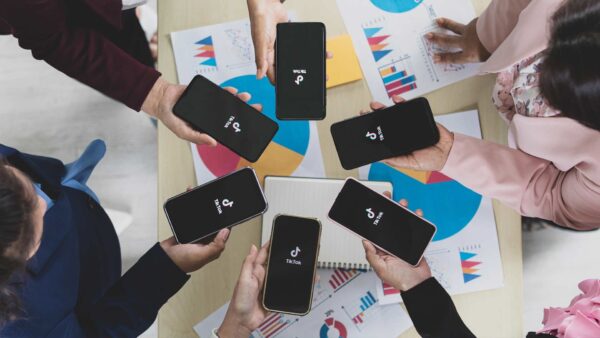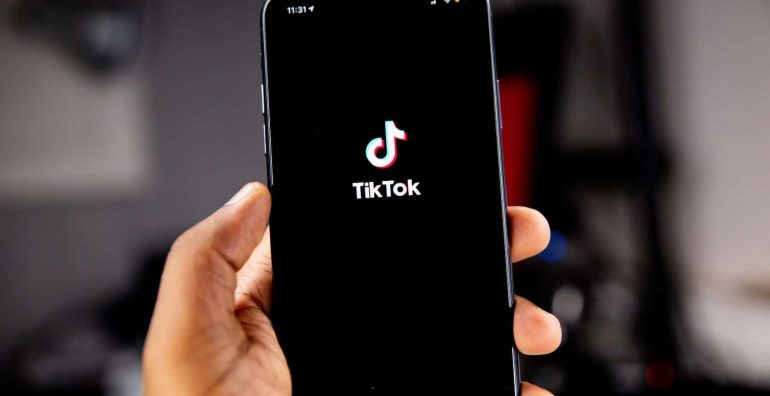Navigating Copyright Laws: Legal Implications of TikTok Downloaders
In the digital age, where content is readily accessible and shareable, navigating copyright laws has become increasingly complex. This complexity is exemplified by the emergence of TikTok downloaders, tools that allow users to download and save videos from the popular social media platform. While these downloaders offer convenience and flexibility, they also raise significant legal implications regarding copyright infringement and intellectual property rights. In this article, we delve into the legal landscape surrounding TikTok downloaders, exploring the implications for users, content creators, and platform operators alike.
Understanding Copyright Basics
Before delving into the legal implications of TikTok downloaders, it’s essential to understand the basics of copyright law. Copyright is a form of intellectual property protection that grants exclusive rights to creators over their original works, such as literary, artistic, or musical creations. These rights include the right to reproduce, distribute, and publicly perform or display the work. Copyright protection is automatic upon the creation of the work and typically lasts for the creator’s lifetime plus an additional period.
The Role of TikTok Downloaders
TikTok downloaders https://tikd.cc/ enable users to save videos from the platform onto their devices for offline viewing or sharing with others. While this functionality offers convenience and flexibility, it also raises questions about copyright infringement. When users download and redistribute TikTok videos without permission, they may be violating the exclusive rights granted to the original creators under copyright law.
Legal Implications for Users

From a legal standpoint, using TikTok downloaders to download and share copyrighted content without permission constitutes copyright infringement. Even though the videos may be freely available on the TikTok platform, users do not have the right to reproduce or distribute them without the creator’s consent. Engaging in copyright infringement can expose users to legal liability, including potential civil lawsuits and monetary damages.
Legal Implications for Content Creators
For content creators whose videos are downloaded and redistributed without permission, copyright infringement can have significant repercussions. Unauthorized distribution of their work not only undermines their efforts but also deprives them of potential revenue and recognition. Content creators have the right to enforce their copyright and pursue legal action against individuals or entities that infringe upon their intellectual property rights.
Legal Implications for Platform Operators
Platform operators, such as TikTok, also bear legal responsibility for copyright infringement occurring on their platforms. While they are not directly liable for users’ actions, they have a duty to implement measures to prevent and address copyright infringement. This may include implementing content identification technologies, enforcing copyright policies, and responding promptly to takedown requests from rights holders.
Navigating Fair Use

One potential defense against claims of copyright infringement is the doctrine of fair use. Fair use is a legal principle that allows for the limited use of copyrighted material without permission for purposes such as criticism, commentary, news reporting, teaching, scholarship, or research. However, determining whether a particular use qualifies as fair use is a fact-specific inquiry that considers factors such as the purpose and character of the use, the nature of the copyrighted work, the amount and substantiality of the portion used, and the effect on the market for the original work.
In conclusion, TikTok downloaders present legal implications for users, content creators, and platform operators alike. While these tools offer convenience and flexibility, they also raise concerns about copyright infringement and intellectual property rights. Users should be mindful of the legal risks associated with downloading and sharing copyrighted content without permission. Content creators have the right to protect their work and enforce their copyright against infringement. Platform operators must implement measures to prevent and address copyright infringement on their platforms. By navigating copyright laws responsibly, we can foster a digital environment that respects creators’ rights and promotes innovation and creativity.
